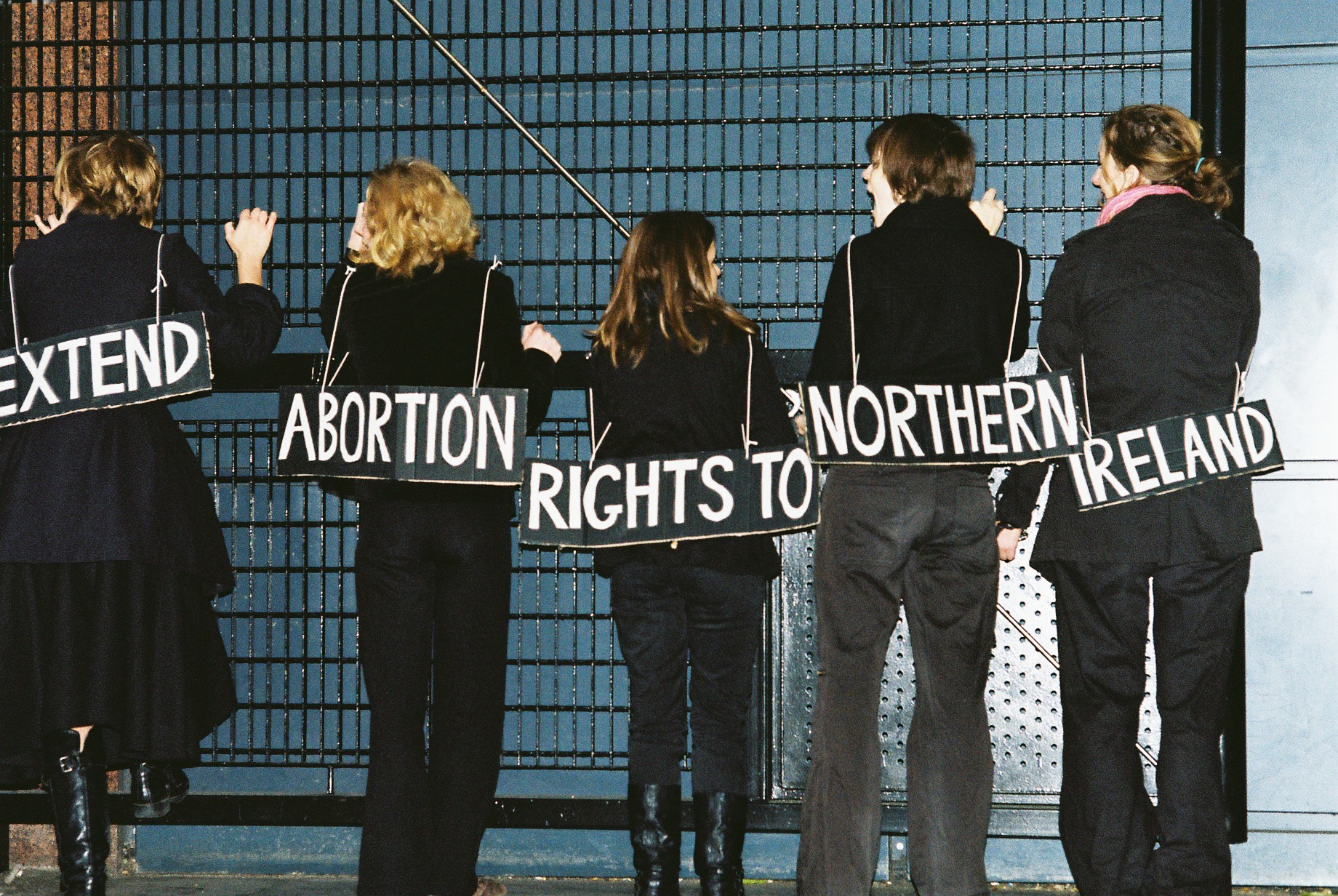UK Supreme Court to consider Northern Ireland abortion case
The Supreme Court will consider the right of women in Northern Ireland to have an abortion following a recent decision by the Belfast court of appeal to uphold a ruling deferring to the executive in matters of the country’s strict anti-abortion regime.
The appeal has been brought by the Northern Irish Human Rights Commission which argues that abortion should be legal in cases of women with pregnancies where the foetus cannot survive birth; whose pregnancies arise from rape or incest; or where there is serious malformation of the foetus.
This appeal will be heard on October 24th and will coincide with the 50th anniversary of the Abortion Act 1967. That Act enabled access to reproductive services in a wide variety of circumstances in England, Scotland, and Wales, but it was excluded from applying in Northern Ireland where the issue of abortion falls under its devolved powers.
‘The exceptions to the current restrictive regime proposed by the Commission are extremely compelling, and the denial of those rights to date is an indictment of the equality, autonomy, and dignity of women in Northern Ireland,’ commented Janet Farrell, solicitor at Bhatt Murphy representing Humanists UK which is intervening in the case. ‘This is a vitally important case for women and girls in Northern Ireland for whom access to lawful and safe abortions is long overdue. In this the 50th year of the Abortion Act 1967, this situation must come to an end.’
The law governing abortion in Northern Ireland remains one of the most restrictive in Europe, and the criminal sanctions imposed are amongst the harshest in the world. Abortion can only be performed in certain, limited circumstances – when the mother’s physical or mental health is in danger – and pregnancies that are terminated for any other reason, including fatal foetal abnormalities or pregnancies as a result of rape, constitute an offence against the person, as provided in the Offences Against the Person Act 1861.
The law remains unchanged since then, apart from the additional provisions in the Criminal Justice Act 1945 that class abortion as ‘child destruction’ – an act that carries a life sentence. In June at the Belfast court of appeal, which considered the high court’s finding that the near-blanket ban on abortion breached the European Convention on Human Rights, it was decided that the controversy and lack of consensus in Europe accorded a wide margin of judgment for Parliament, who should have primacy on the matter rather than the courts. Lord Justice Gillen also added that he felt the law at least provided ‘certainty and accountability’.
In a separate case also in June, in a 3-2 ruling, the Supreme Court dismissed a challenge to the fact that women from Northern Ireland couldn’t access abortion services for free on the NHS in England, reiterating that the scheme of devolved health services meant that the matter was for Northern Ireland to decide. However, having won the case, subsequently the Secretary of State for Health in England chose to reverse his policy on the matter, and allow free abortions on the NHS after all. The Scottish and Welsh governments then did the same. However, this reversal still leaves Northern Irish women with the burden of travelling to Britain to terminate pregnancies, rather than being able to access abortion services in their own country.
Evidence has been filed from three eminent philosophers and Humanists UK supporters: Professor AC Grayling, Professor of Philosophy and Master of the New College of the Humanities; Professor John Harris, Professor Emeritus of Bioethics at the University of Manchester; and Professor Simon Blackburn, retired Professor of Philosophy at the University of Cambridge. Their evidence concerns the philosophical concepts of autonomy, choice, dignity, and suffering, the absence of a compelling moral case for the almost total ban on abortion in Northern Ireland, and the absence of exemptions in the three compelling categories highlighted by the case.
‘It is simply outrageous that even in the extreme circumstances this case deals with, women in Northern Ireland still are not able to access legal and safe abortions,’ said the chief executive for Humanists UK, Andrew Copson.
‘With the lack of any political will in Northern Ireland to sort this matter out, it is right that the Northern Ireland Human Rights Commission has taken the subject to the courts, to ensure that every woman’s autonomy and dignity are respected, and human rights are upheld. We will be doing our utmost to ensure this challenge succeeds.’
Andrew Copson, Humanists UK






